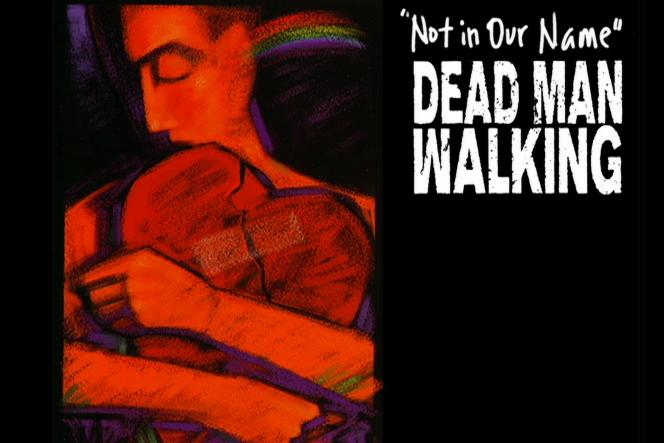Soundtrack is aural biography of death penalty activist
March 9, 2011
If a picture is worth a thousand words, one can only wonder how much a song would be worth.
In honor of Sister Helen Prejean’s recent appearance at Washburn University, I’ve decided to review the soundtrack to the movie “Dead Man Walking.” The movie, which starred Sean Penn and Susan Sarandon, and the music which it inspired contain something more powerful than words. They have a soul of their own.
Director Tim Robbins gave a rough cut of the film to a variety of artists and asked for their musical reactions. The artists that responded, and their songs, tell tales of life, death, redemption and love. With artists like Bruce Springsteen, Johnny Cash and punk artist Patti Smith all contributing new pieces, the songs represent a musical place that is neither country, nor rock, but exists somewhere in the space between.
Springsteen’s “Dead Man Walkin'” opens up with an apocalyptic and soulful portrait of a man confessing his sins and dealing with his own guilt and remorse at the horrors he has committed. Cash follows that with “In Your Mind” and offers us redemption—a subject Cash knew all too well.
The album’s first curveball comes with Suzanne Vega’s “Woman on the Tier (I’ll See You Through).”Rather than taking the point of view of the killer, this time we see the same story from the eyes of the condemned man’s spiritual adviser. There’s something oddly compelling and ethereal about a song whose main percussive force comes from what sounds like a trash can lid.
An odd pairing, Pakistani spiritual singer Nusrat Fateh Ali Khan and Pearl Jam singer Eddie Vedder, offer up a pair of songs filled with otherworldly sadness and sorrow, and they’re beautiful. The pair trade verses on “Face of Love” while Khan adds background singing in his traditional Qawwali to the Vedder-penned “The Long Road,” which was also used recently in the movie “Eat, Pray, Love.” In its original rock form from Pearl Jam’s “Merkinball” EP, “Long Road” mourned the loss of a beloved friend and mentor. But the reworked version that appears here strips away the grungy electric guitars and replaces them with Khan’s plaintive spiritual search for harmony. This wouldn’t be Vedder’s last collaboration with the cast of “Dead Man Walking,” either. He sang a duet with Sarandon for the movie “Cradle Will Rock” and later composed the soundtrack for the Penn-directed “Into the Wild.”
Then there is Tom Waits. A man whose voice sounds like 30 years of whiskey and unfiltered cigarettes with a set of vocal cords massaged by a cheese grater, Waits is a story teller of the highest order. Recently selected for induction into the Rock and Roll Hall of Fame, Waits is in a category by himself. “The Fall of Troy” and “Walk Away” highlight Waits’s impassioned songwriting.
The Legacy Edition of the soundtrack offers a bonus track by Vedder, “Dead Man.” On the concert DVD that accompanies the CD, Vedder describes how the song was passed over for the album in favor of Springsteen’s song because of “seniority” issues and how it was eventually lost as a b-side.
“Dead Man Walking” is one of the most depressing albums I’ve ever listened to. It’s also one of the best. More than just a movie soundtrack, it is an aural biography of Prejean’s life and compassion. It represents the heart, soul and mind of the complicated issue of the death penalty and still stands strong almost 15 years after its release.
The two-disc set can be ordered from activemusic.org.



